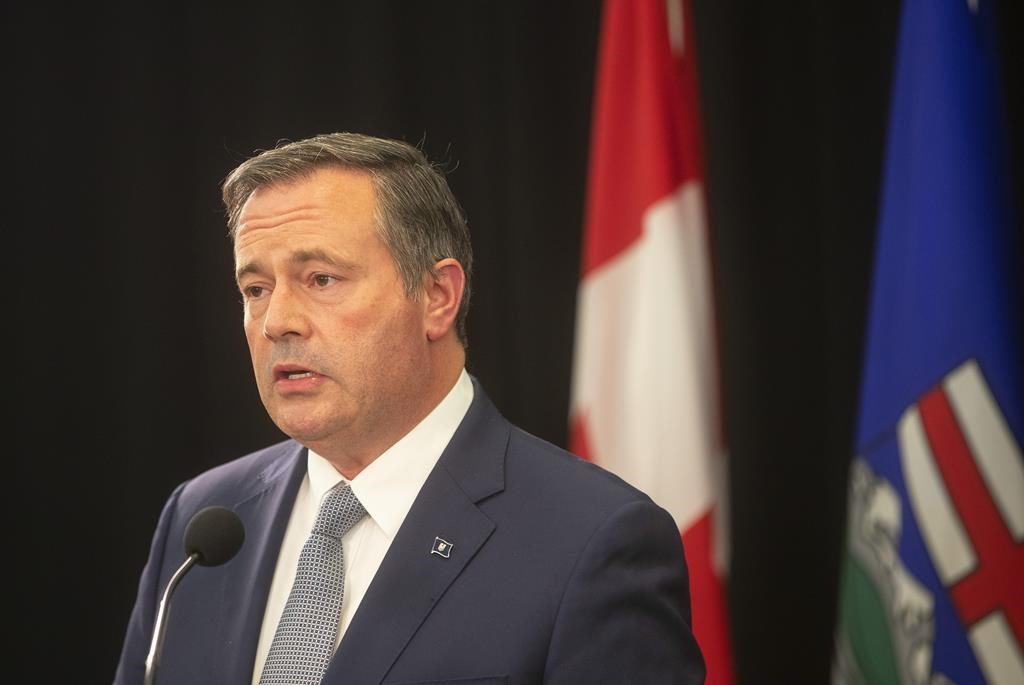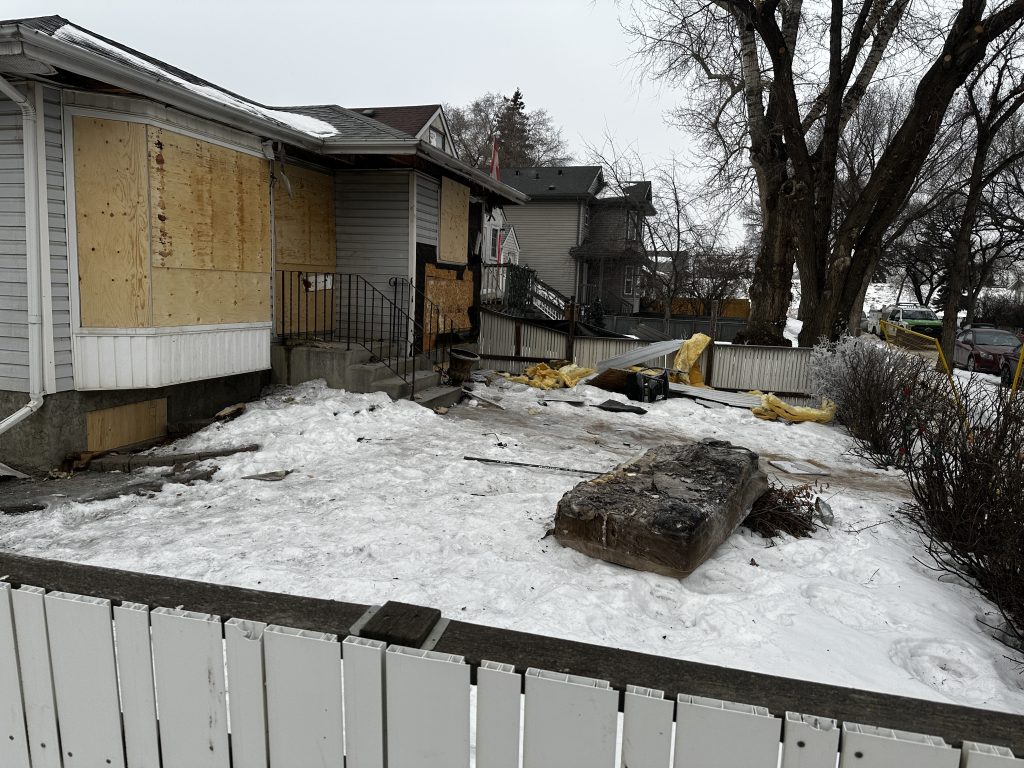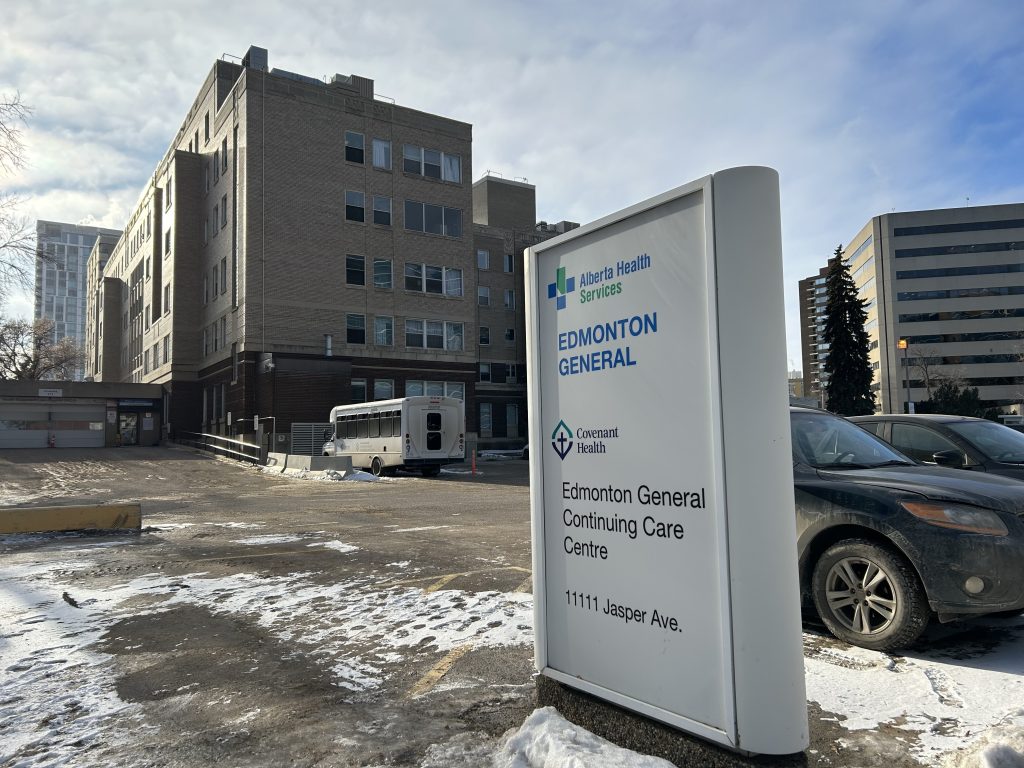Alberta to bring workers from Vancouver and Toronto, cost of living ‘ridiculous’

Posted August 15, 2022 4:05 pm.
Last Updated August 15, 2022 7:45 pm.
The Alberta government is campaigning to bring workers to the province from Vancouver and Toronto, saying it’s the best and most affordable place to live in Canada.
Premier Jason Kenney spoke Monday about the UCP’s latest campaign to bring skilled workers to Alberta, with him saying the province is going “where all the ducks are.”
The Alberta is Calling Campaign launched in Toronto and Vancouver Monday and aims to bring skilled and educated workers to the province.
The $2.6-million dollar campaign is going to launch on social media, on the radio, and in high-traffic locations across Vancouver and Toronto. It will launch in two phases – the first phase Monday, and the second phase in mid-September, with additional high-impact tactics in both markets.
“Alberta’s Recovery Plan has been so effective in growing the economy that we are now facing a shortage of skilled workers across several sectors. Fortunately, Alberta has among the best opportunities and the highest quality of life in Canada, so we’re excited to make our case to Canadians, and let the facts speak for themselves. This campaign will show Canadians in major cities the amazing life that awaits them in Alberta,” Kenney said in a statement.
When asked about targeting Vancouver and Toronto, Kenney responded by saying the cost of living in those cities is “just ridiculous.”
“The cost of living situation in the [Greater Toronto Area] and the [Greater Vancouver Region] has just gotten out of control, driven by real estate, in part,” Kenney said. “We think that for people who cannot afford a home, and young workers who can barely afford rent, the comparison to Alberta is very powerful.”
“Most people are in those big cities. And that’s also where they’re facing the biggest constant crisis.”
RELATED STORIES:
-
Calgary’s booming construction market competes with last year’s record high
-
Calgarians need to make 6 figures to afford a home: ratehub.ca
-
Is Canada’s housing bubble finally popping?
Alberta saw the highest net inter-provincial migration in Canada, at over 5,300 people, in the first three months of 2022.
If this continues, Kenney projects that the province will see a migration of 20,000 people, which puts the province on par with its last economic boom in 2010 – 2014.
The UCP reports that over the last three years, Alberta has seen growth in the film and television sectors, technology, agriculture, renewable energy, aviation, and logistics sectors. The report says this is owed to diversification — job seekers have a greater opportunity to expand their skillsets and succeed in their chosen field.
In addition to attracting skilled workers to Alberta, the campaign is also advertising the over 100,000 jobs available in the province.
However, the province is facing job shortages in businesses at 78 per cent, according to reports from the Business Council of Alberta. There have also been shortages with public health services as some clinics in the province have had to reduce their hours.
Bobby-Joe Borodey, vice-president with the Alberta Union of Provincial Employees, says that Kenney’s plan misses the mark.
“We’re short staffed, we know that. However, before we start seeking folks from outside of the province, we essentially need to clean house within the province first,” Borodey said.
When asked why this message was being delivered to Albertans, Kenney said “A rising tide lifts all boats.”
RELATED STORIES:
-
‘Hypocrisy’: Alberta’s healthcare workers outraged over Hinshaw’s bonus amid health cuts
-
Edmonton hallway medicine troubling given it’s supposed to be slow period, NDP says
-
‘Unacceptable’: Airdrie’s mayor says urgent care centre closure a step backward
“The vast majority of Albertans are at most second-generation Albertans. And so we all have roots, apart from our Indigenous people, somewhere else. And so I think we’re welcoming, but sometimes I do hear that complaint,” Kenney said.
“‘I can’t find a job. Why are you giving our job away?’ Well, I’ll tell you, there are a lot of jobs available in Alberta right now.”
Alberta is also seeing the highest employment growth in the country in 2022, with an unemployment rate of 4.9 per cent, one of the lowest in the country, according to the province.
“The number one concern coming from our businesses now is labor and skill shortages,” Kenney said. “We need to skate to where the puck is going, and the puck is going to labour and skill shortages as the main constraint on future economic growth in Alberta for the foreseeable future.”
Between Dec. 2021 and July 2022, employment in Alberta increased by 68,200 jobs, compared to an increase of 47,800 in Ontario and 45,400 in B.C., despite both having larger populations.
The UCP also says that Alberta has lower housing prices than the rest of the country. According to Canadian Real Estate Association (CREA) data, the average home sale price over the last three years in Edmonton was $383,000 – 34 per cent of the price in Greater Vancouver, and 38 per cent of the price in Greater Toronto, respectively.
RELATED STORIES:
-
Calgary renters struggle to find a place to live, landlords control the rental market
-
Calgary international student unable to find home amid city-wide rental shortage
-
Alberta providing temporary rent assistance for affordable housing
Calgary’s average home sale price was $484,000 – 43 per cent of the price in Greater Vancouver, and 48 per cent of the price in Greater Toronto, respectively. CREA data shows that home prices are significantly more stable in Alberta as well.
However, that doesn’t include data on rentals and housing that have come out of Calgary as of late, with international students coming to Calgary and finding no homes, or the outbidding that is happening between people looking to rent or buy a home.
The campaign is also taking aim at earnings across the province, saying that Albertans make on average $1,252 a week, which is the highest in the country, compared to $1,197 a week in Ontario, and $1,159 a week in B.C.
However, Calgarians need to make at least $108,000 a year in order to afford a home as of June 2022, according to ratehub.ca.
That’s a jump of more than $16,000, or 18 per cent, from the website’s last report in March, which listed the required income to buy a home in Calgary at $91,610.
-With files from Joey Chini.








